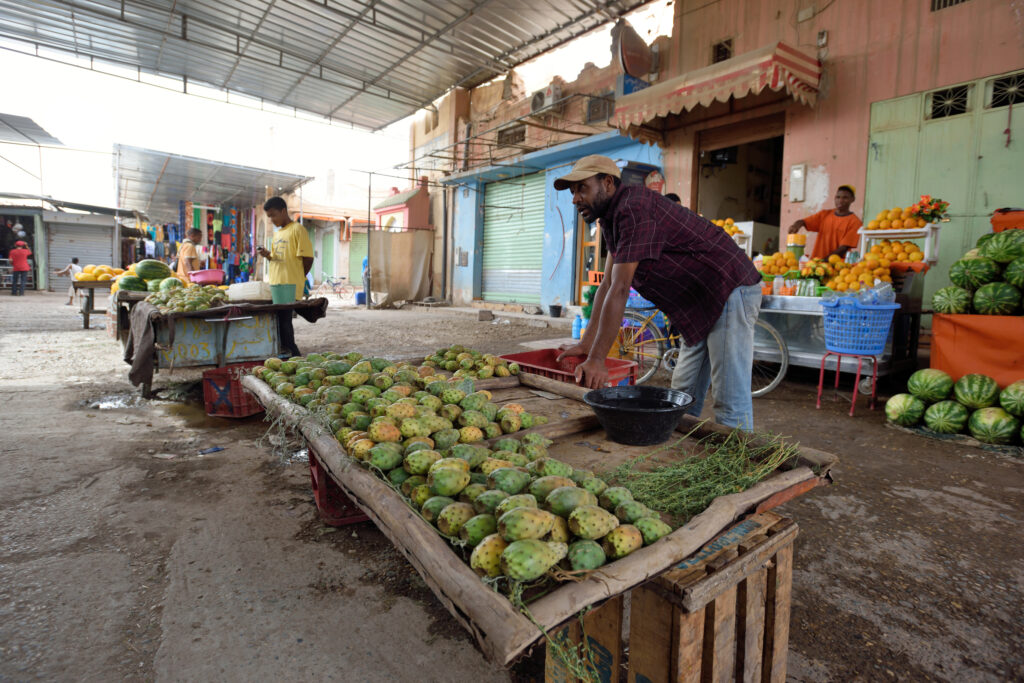Zimbabwe, a nation rich in culture and resilience, faces significant challenges, with many communities struggling with poverty, food insecurity, and limited access to essential services like education and healthcare. Behind the statistics, however, are countless individuals working tirelessly to build a brighter future for the underprivileged. Dedicated charities, both local and international, are on the ground every day, providing vital support and empowering communities to overcome adversity.
These organizations are not just offering temporary relief; they are investing in sustainable solutions that create lasting change. Let’s explore some key areas where their efforts are making a profound difference:
Opening Doors Through Education
Education is a powerful tool for breaking the cycle of poverty, yet for many underprivileged children in Zimbabwe, access to schooling remains a distant dream. Charities are stepping in to bridge this gap by:
- Providing essential resources: Covering school fees, uniforms, books, and stationery, ensuring children have what they need to attend classes.
- Improving infrastructure: Rehabilitating dilapidated school buildings, constructing new classrooms, and establishing proper sanitation facilities.
- Supporting vulnerable learners: Focusing on orphans and children from impoverished backgrounds, offering them the chance to learn and thrive.
Organizations like Save the Children have been instrumental in rehabilitating schools and ensuring children have access to quality learning environments, while others like Vana Trust actively sponsor the education of thousands of children, giving them hope for a future beyond hardship.
Nurturing Health and Well-being
Access to adequate healthcare and nutrition is a fundamental human right, but in many remote and disadvantaged areas of Zimbabwe, these services are scarce. Charities are working to improve health outcomes by:
- Combating malnutrition: Implementing nutrition screening programs, providing supplementary feeding, and educating parents on optimal feeding practices.
- Strengthening healthcare systems: Training local healthcare workers, providing essential medical supplies, and improving access to maternal and child health services.
- Promoting hygiene and sanitation: Drilling boreholes for clean water, rehabilitating water points, and conducting hygiene promotion campaigns to prevent waterborne diseases.
International Medical Corps has been particularly active in improving water, sanitation, and hygiene (WASH) practices, significantly increasing access to clean water for thousands of community members, while Save the Children focuses on reducing maternal and newborn mortality and child malnutrition.
Building Resilience Through Food Security and Livelihoods
Food insecurity is a pressing issue for many Zimbabwean families, often exacerbated by climatic shocks. Charities are addressing this by:
- Promoting sustainable agriculture: Training farmers in climate-smart agricultural techniques, distributing drought-resistant seeds, and supporting the development of community gardens.
- Creating economic opportunities: Providing life skills training, facilitating access to financial services, and supporting income-generating activities for vulnerable individuals and families.
- Delivering emergency aid: Providing immediate food and cash transfers to communities affected by drought or other crises.
The World Food Programme (WFP) supports robust food systems and provides vital food and cash transfers, while ActionAid empowers women farmers with resources and training, enabling them to secure livelihoods and keep their children in school.
Protecting the Most Vulnerable: Children and Families
Beyond specific sectoral interventions, many charities adopt a holistic approach to child protection and family welfare. This includes:
- Orphan care: Developing foster care models and providing comprehensive support for orphaned and vulnerable children.
- Family empowerment: Working with entire families to help them build resilience, improve their living conditions, and break cycles of poverty.
- Advocacy for child rights: Working to strengthen legal frameworks and community mechanisms to protect children from violence, abuse, and exploitation.
Zimkids exemplifies this holistic approach, working with entire families to help them escape poverty, while Sethule Orphans Trust focuses specifically on connecting bereaved homeless orphans with foster parents, ensuring they have a nurturing home.
How You Can Be Part of the Change
The impact of these charities is undeniable, transforming lives and offering hope in the face of adversity. Their work, however, is heavily reliant on the generosity and compassion of individuals worldwide. You can be a part of this vital change by:
- Donating: Financial contributions, no matter how small, can provide essential resources for education, healthcare, and food.
- Volunteering: Offer your time and skills to support their initiatives, either locally or remotely.
- Spreading Awareness: Share their stories and mission with your network, encouraging others to learn and contribute.
- Partnering: If you represent an organization or business, consider collaborating on projects or offering corporate support.
Every act of kindness, every contribution, helps to empower futures and build a stronger, more resilient Zimbabwe. By supporting these dedicated charities, we can collectively make a profound difference in the lives of the underprivileged, fostering hope and opportunity for generations to come.

